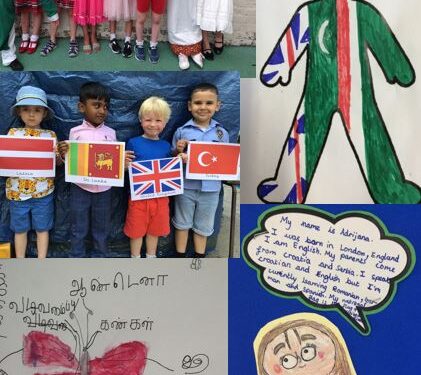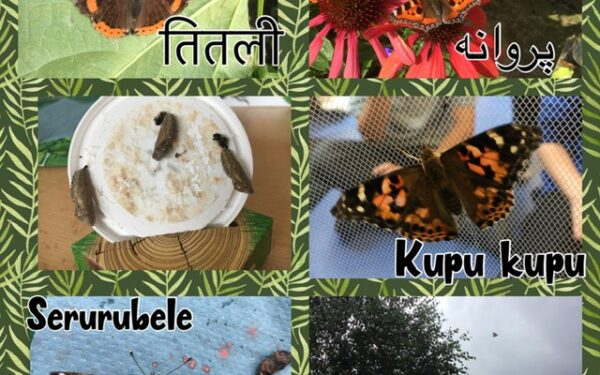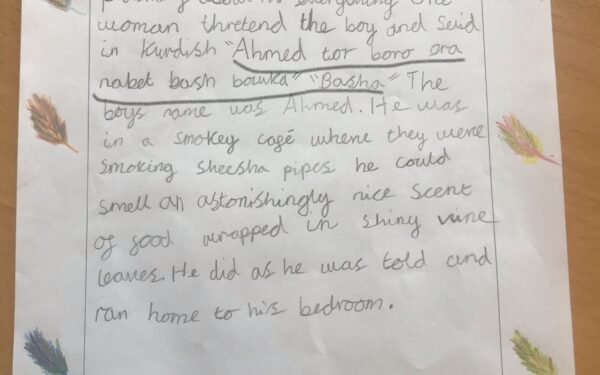Well, what a year we have had! We have been taking stock after the website’s first year of operation and collating the feedback we have received, so we wanted to share with you some of our insights. From the site launch in January 2021 to the end of February 2022, there were over 2,800 downloads […]
Read MoreTeachers’ strategies for teaching multilingual pupils – Andrea Morrisroe
This summer I undertook a dissertation as part of a Master’s in Education, specialising in Early Childhood Education. As an Early Years class teacher in primary education for many years, I have always had an interest in language acquisition. This interest developed further as increasing numbers of children were starting school with little or no English. Over time my school developed a policy towards EAL which ensured that effective strategies for supporting pupils with EAL were embedded and the use of home language was encouraged and celebrated.
Read More100 Feathers and multilingual stories – Minshan Zhang
I wanted to research what happened when a space was provided to the students for their use of home language or other language resources that they have, in particular, I am interested in the language use in story writing activity. In order to explore the affordances of multilingual story writing activity, I came up with two research questions: what themes do children identify in their stories? To what extent do students apply their full linguistic repertoire in the multilingual story writing activity? To address those questions, stories written by pupils at primary schools in Sheffield were collected and analysed.
Read More100 Feathers
The “100 Feathers” activity is designed to encourage children to think about people’s stories, by writing a story themselves. We are hoping to collect 100 stories from children, for the 100 feathers flying through the world. This activity is part of Refugee Week and the Migration Matters Festival.
Read MoreIn search of…language portraits in schools
In today’s blog post, Kexin, one of 11 Masters students undertaking research around the Lost Wor(l)ds project, introduces the Language Portrait Activity and explains why she is hoping to work with a primary school that has used the Language Portrait Activity. If you can help Kexin by facilitating her research (which would mean running the activity in your school and facilitating access to online interviews with children, which can take place outside school hours), please get in touch at lostworlds@sheffield.ac.uk.
Read More



